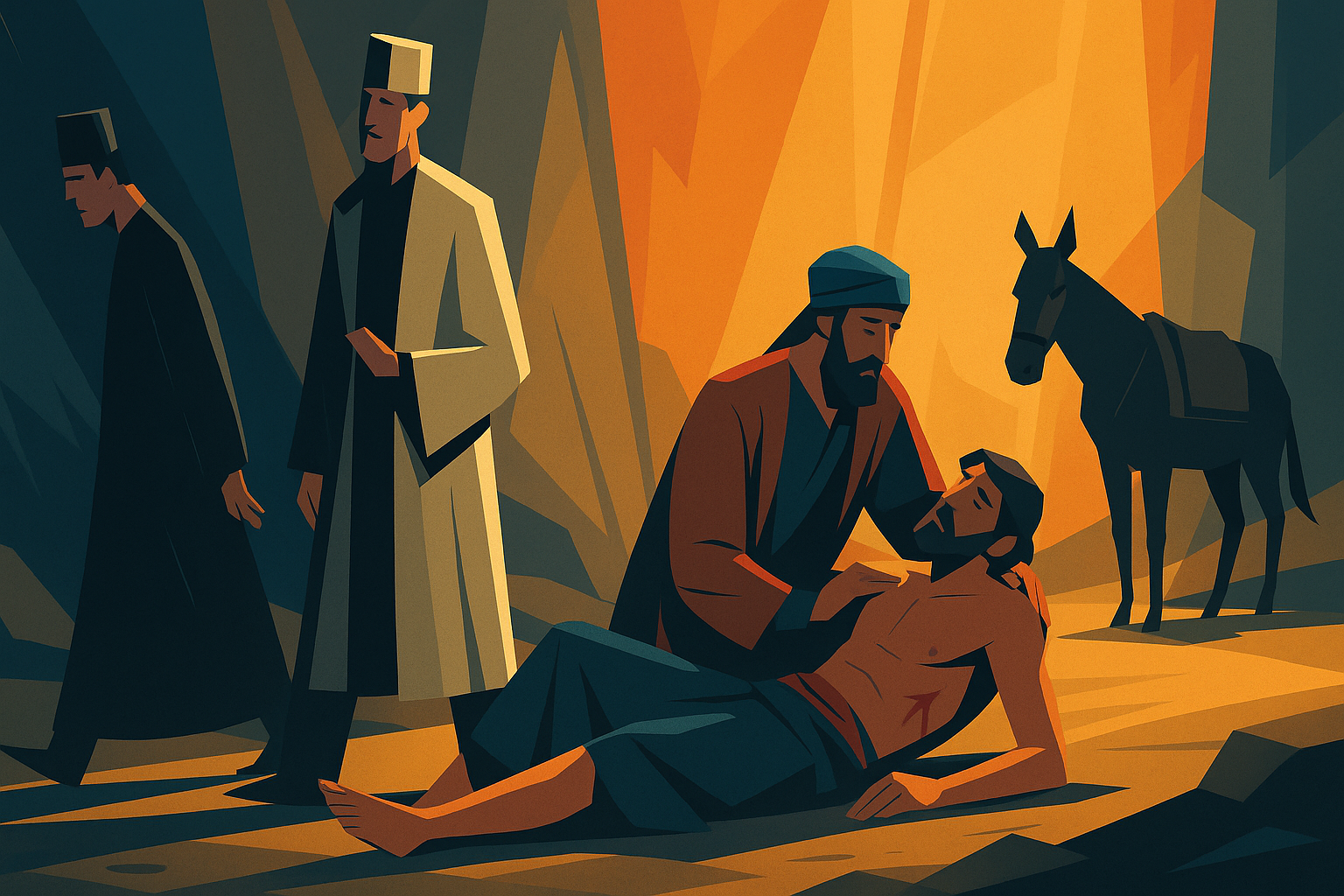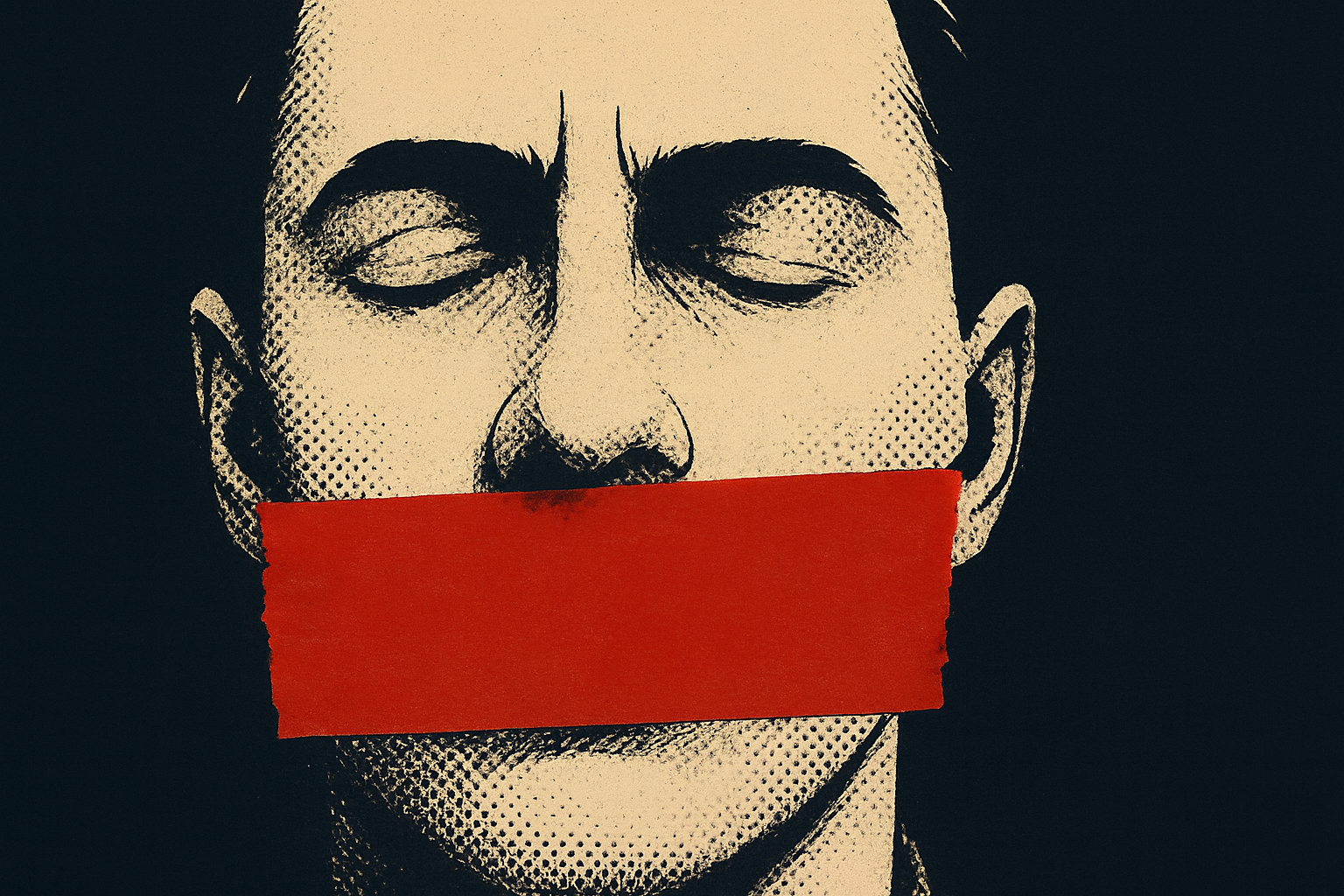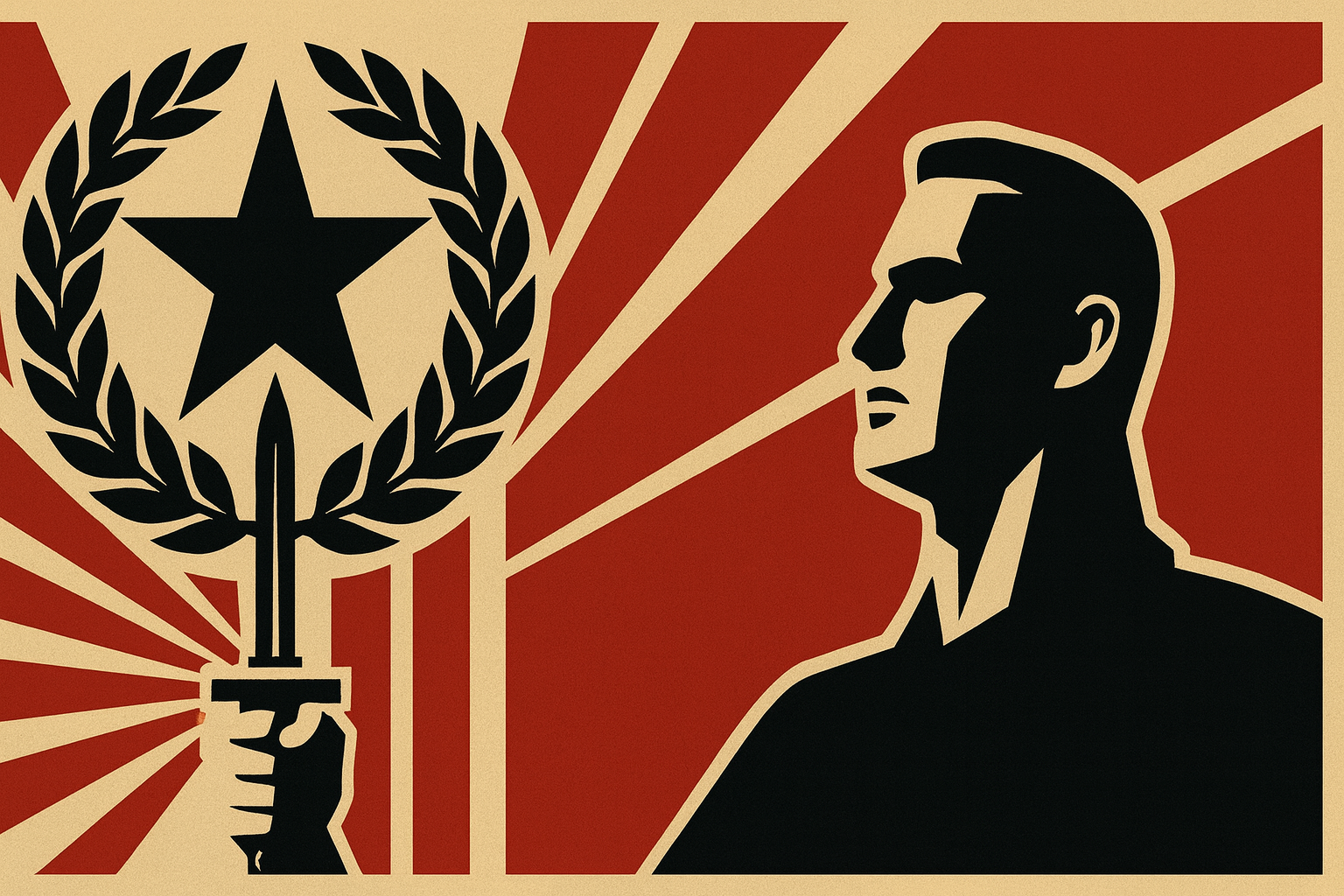For over two centuries, America stood as a beacon of faith, freedom, and family. But today, a coordinated cultural campaign is actively rewriting our national identity, reshaping our language, and redefining our theology. What we are witnessing isn’t simply cultural drift—it’s colonization.
Not the colonization of new land, but of our memory, our beliefs, and our public witness. It is a strategic attempt to dismantle the Christian foundation of American society—brick by brick.
Identity Under Siege
In every era of conquest, one of the first strategies of domination is to colonize identity: replacing indigenous symbols, suppressing memory, and rewriting the story. This is happening in modern America.
David Horowitz documented how the 2008 opening of the U.S. Capitol Visitor Center erased references to faith from key displays—omitting “In God We Trust,” scrubbing the words “Year of our Lord” from the Constitution, and excluding the Bible from Lincoln’s inaugural display.
This may seem small, but as Slobodan Milosević warned, “The loss of national identity is the greatest defeat a nation can know.” When God is removed from our public identity, the moral authority of the nation erodes with it.
Silencing the Voice of Prayer
Prayer—one of the most sacred expressions of Christian faith—has become a battleground.
From the 1962 decision in Engel v. Vitale to the 2000 Santa Fe Independent School District v. Doe case, the courts have moved from banning state-sponsored prayers to forbidding voluntary, student-led ones at public events.
Even religious charities like the Little Sisters of the Poor found themselves in prolonged legal battles simply for refusing to provide contraception against their conscience.
Our judicial system, once a guardian of liberty, is now being used to suppress the very freedoms it was designed to protect.
Rewriting Our Language
Language shapes imagination. It defines reality. So it’s no surprise that language itself is being colonized.
From Stanford’s campaign to label “American” as harmful, to the redefinition of “man” and “woman” in leading dictionaries, our language is no longer anchored to truth—it’s adrift in ideology.
Even the ability of pastors to speak to political and moral issues has been undercut by the Johnson Amendment, which quietly censored churches in 1954 without debate. Under the guise of neutrality, it muted the prophetic voice of the Church.
Theology Under Reconstruction
Perhaps the most dangerous colonization of all is spiritual.
Progressive Christianity—a fusion of secular ideology and religious vocabulary—presents itself as truth while undermining Scripture. It’s not a new tactic. In the early centuries, Augustine confronted similar distortions from the Manichaeans who edited and explained away Scripture to fit their agenda.
As Augustine wrote, “To believe what you please, and not to believe what you please, is to believe yourselves and not the gospel.”
The moment we believe we can update Christian doctrine to suit modern sensibilities, we cease to follow Christ—we follow culture.
History Rewritten, Memory Erased
George Orwell said, “The most effective way to destroy people is to deny and obliterate their own understanding of their history.”
That’s exactly what movements like the 1619 Project attempt to do—replacing 1776 with 1619, and recasting America’s founding as a defense of slavery, despite historical evidence to the contrary.
To be clear: Christians must not ignore or excuse the deep injustice of slavery. But rewriting history to fit an ideological narrative is not justice—it’s manipulation.
A Story of Redemption
One story brings this full circle.
John Newton, once a slave trader, encountered the mercy of God during a violent storm at sea. He turned from his wickedness, became a minister, and helped end the slave trade. His story of transformation became the hymn we still sing today:
Amazing grace! How sweet the sound
That saved a wretch like me…
It’s a reminder: Christianity is not the problem. It’s the answer. Not the enemy of justice—but its fiercest advocate. Not the tool of oppression—but the source of redemption.
A Call to Courage
Margaret Thatcher once said, “You may have to fight a battle more than once to win it.” The battle for America’s soul isn’t new—but it is urgent.
This is not a time to retreat. It is a time to remember who we are.
- We are citizens of heaven and stewards of history.
- We are voices of truth in a culture of confusion.
- We are called to contend not with hate, but with hope.
If America is to remain a land of liberty, it must return to the foundation that made it free.
Let us be faithful to that task—until grace leads us home.
.png)





.svg)
